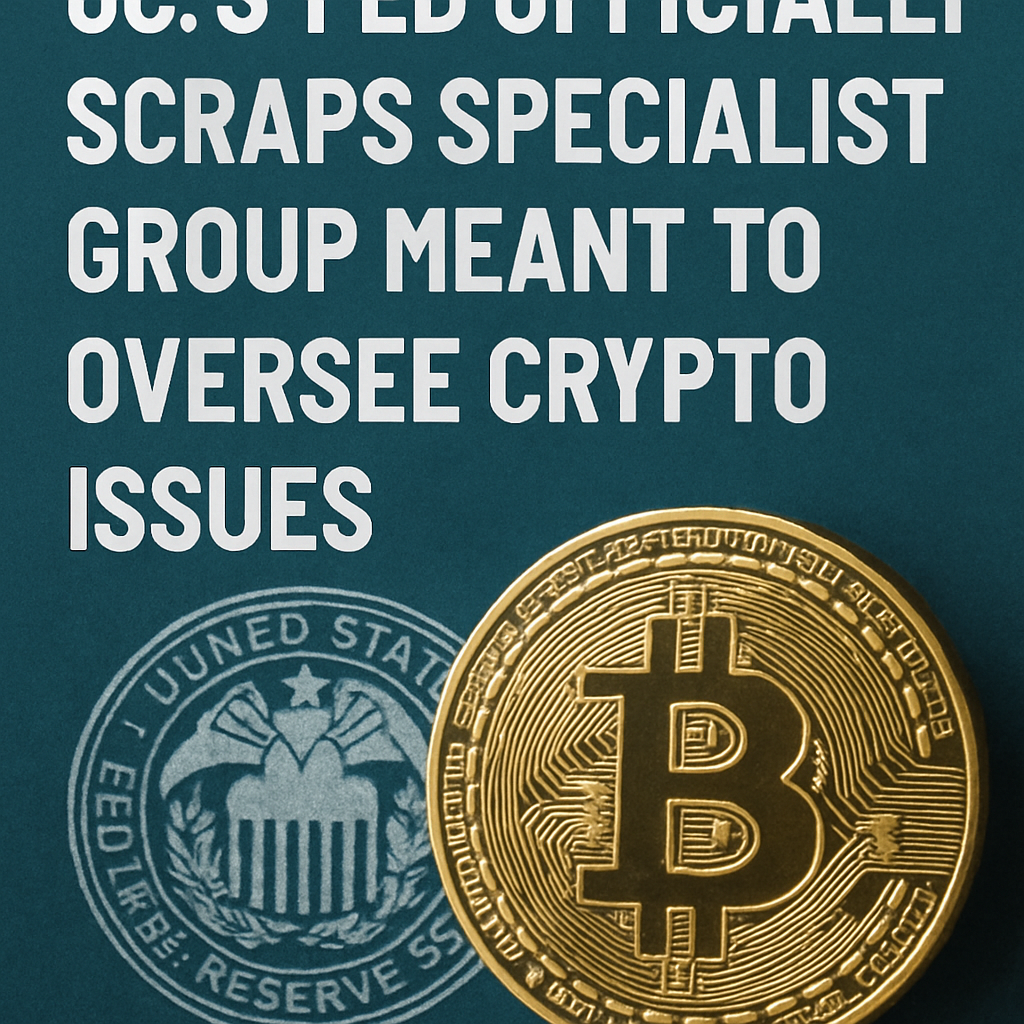On August 15, 2025, the U.S. Federal Reserve announced the closure of the Novel Activities Supervision Program originally established to monitor banks’ engagements with digital assets. The program’s responsibilities will be absorbed into the central bank’s standard supervisory framework, eliminating a dedicated team that focused on emergent technologies and crypto-related risks.
The specialized supervisory initiative was launched in 2023 to address vulnerabilities exposed by high-profile bank failures linked to crypto clients. The shuttering of the program follows the Fed’s April decision to withdraw earlier guidance that required explicit approvals for banks engaging in digital-asset activities. The Office of the Comptroller of the Currency and the Federal Deposit Insurance Corporation had executed parallel actions, collectively easing scrutiny on banking partners of crypto firms.
The Fed’s statement explained that internal expertise regarding novel financial activities has matured over the past two years. Routine risk-management protocols and existing oversight processes are deemed sufficient to monitor digital-asset exposures. The move reflects regulatory confidence in established supervisory tools and acknowledges institutional learning acquired since the program’s inception.
Industry analysts view the decision as part of a broader trend toward regulatory accommodation of digital-asset infrastructure within mainstream finance. Banks previously required to seek bespoke approvals may now rely on standardized exam procedures. The Fed’s integration of crypto oversight into general supervision may reduce administrative burdens, while maintaining risk-based assessments of technology-driven services.
Members of the banking sector will still face regulatory expectations to implement robust compliance frameworks. Institutions engaged in digital-asset custody, trading or settlement must adhere to anti-money laundering statutes, cybersecurity standards and capital adequacy rules. Regular examinations will evaluate management of operational, legal and reputational risks associated with crypto-related products.
The Fed’s consolidation of novel-activities oversight arrives amid a political landscape marked by executive actions to facilitate retirement plan investments in cryptocurrencies. The elimination of a specialized crypto group underscores a regulatory philosophy that favors integration of digital-asset oversight within established supervisory architectures, balancing innovation support with risk containment.
.
Comments (0)